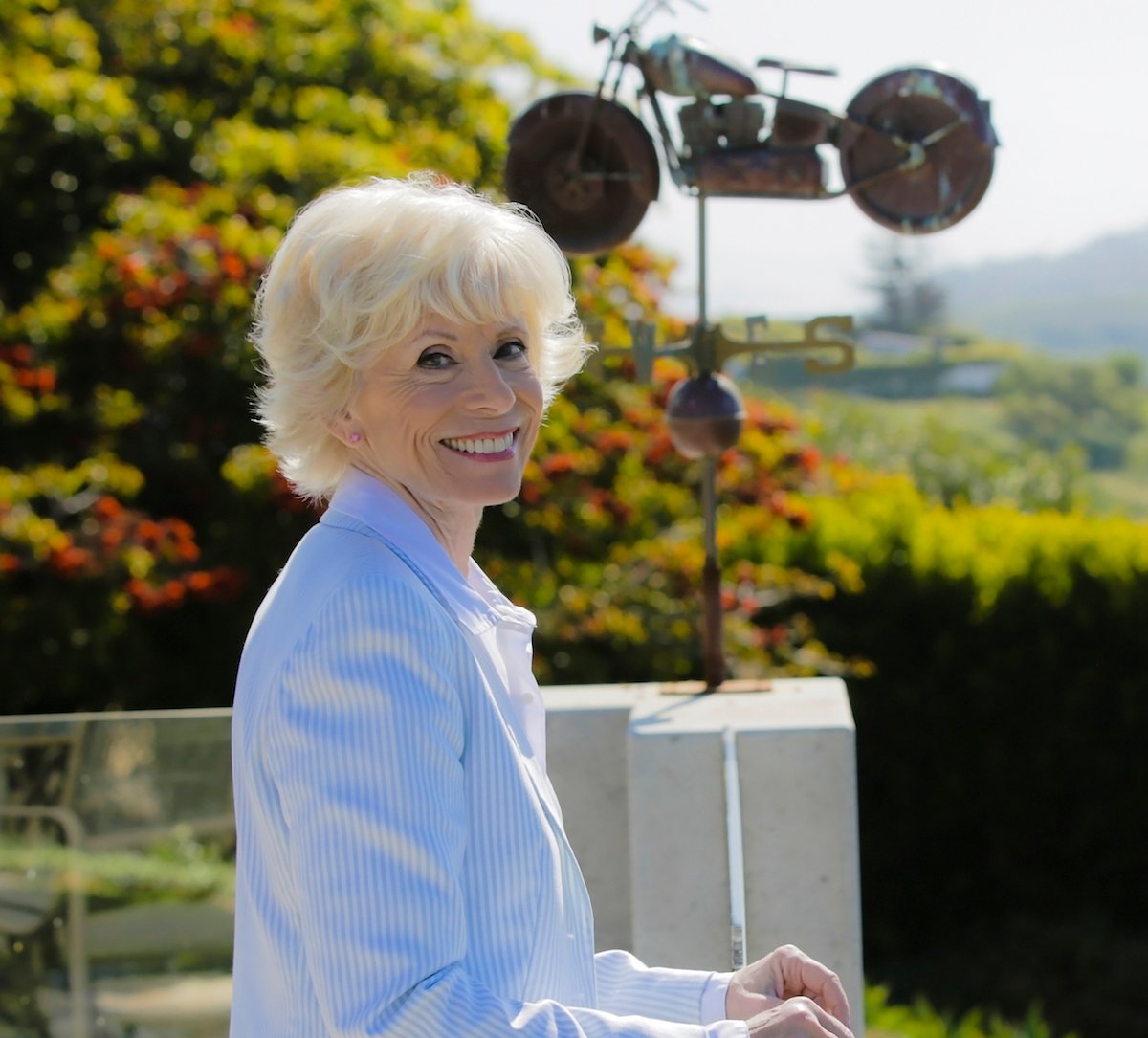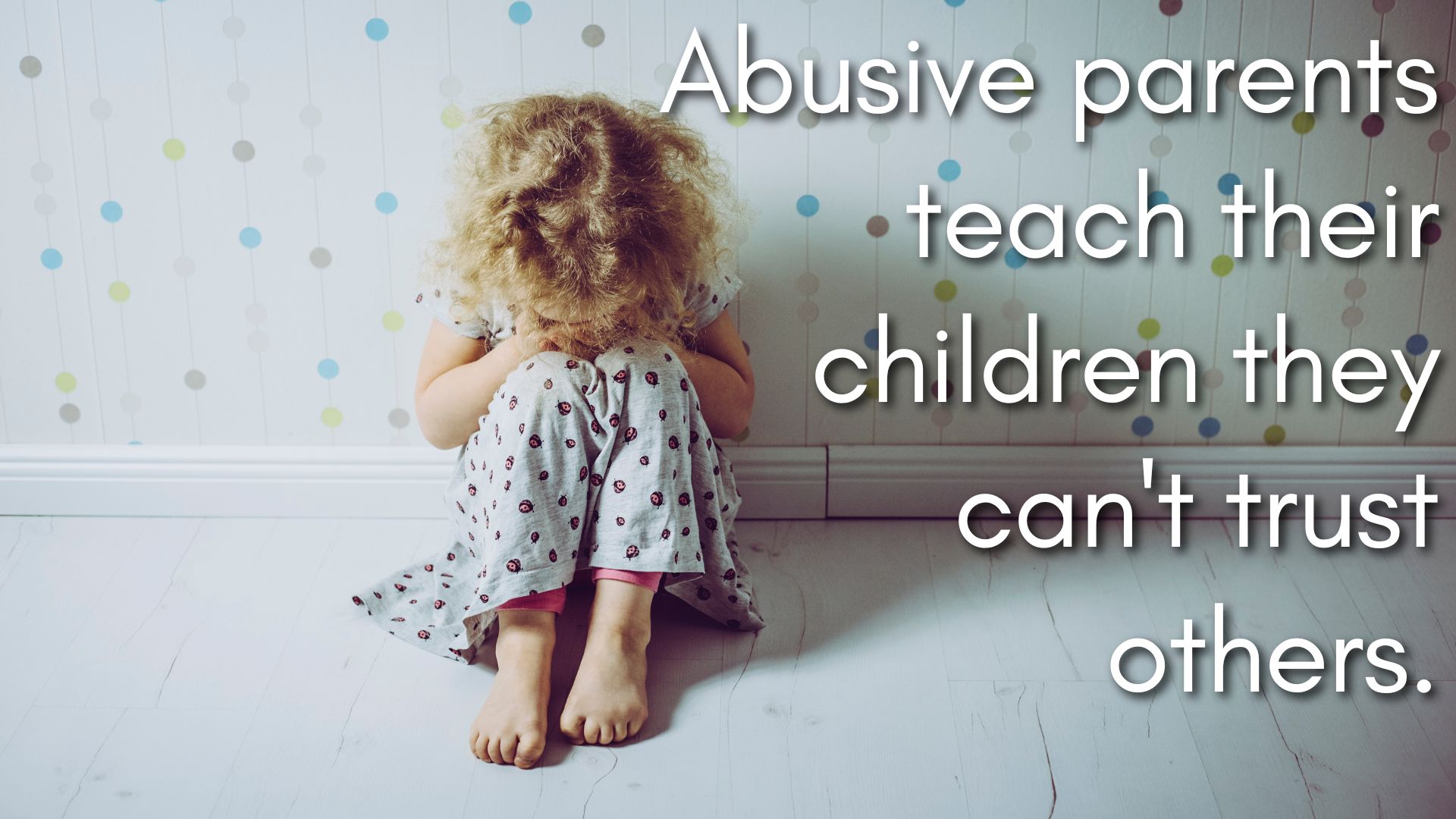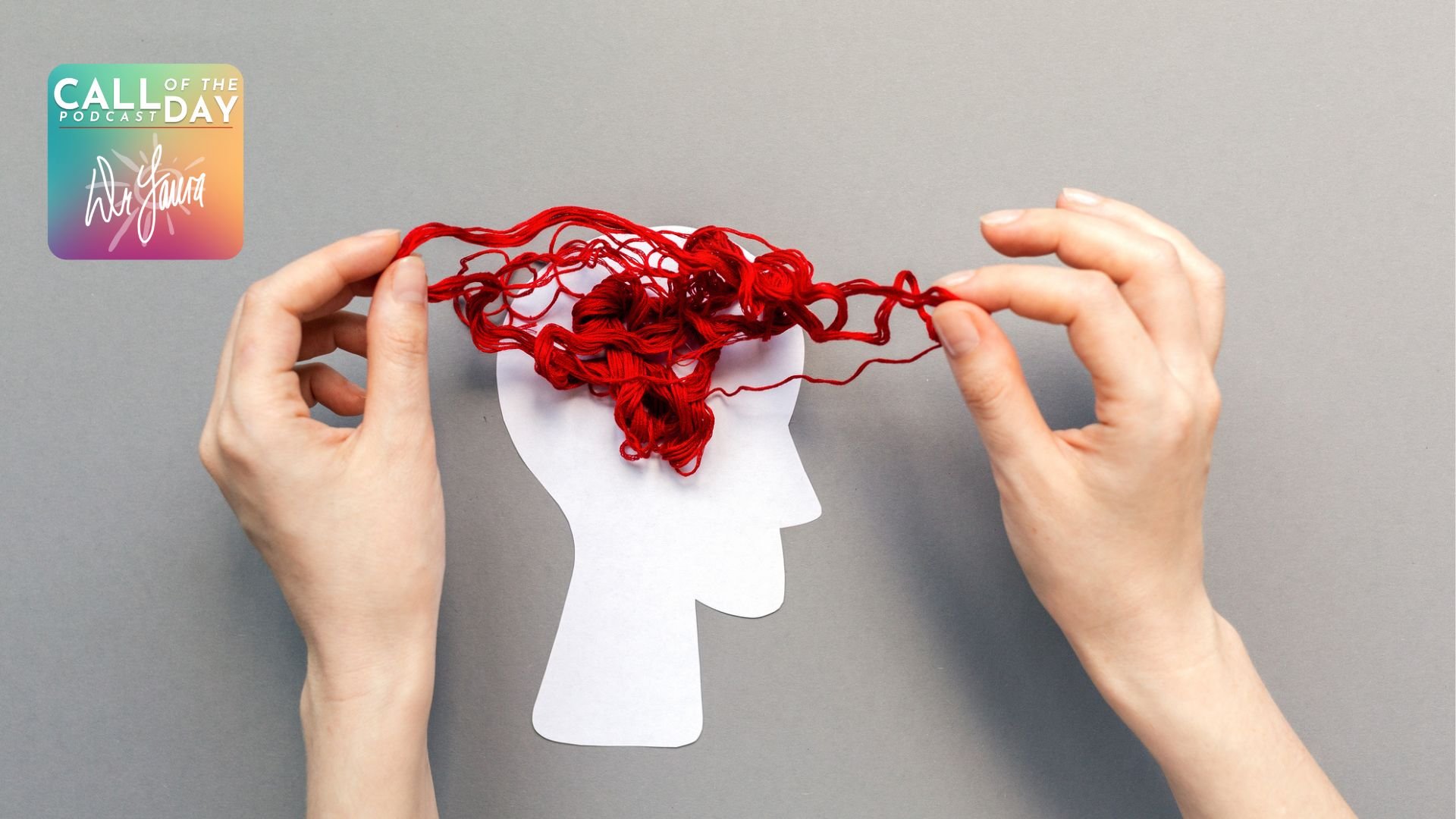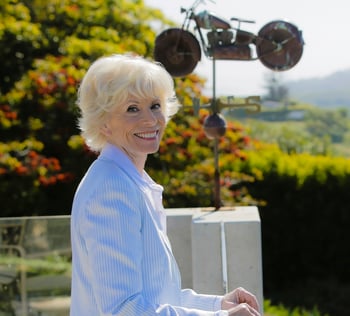Early life experiences with family largely determine how neuronal patterns are established in the brain. If you dealt with cruel and negligent family members, you thought this was how the world worked and what to expect from relationships. After all, if you can't count on mom and dad, who can you trust?
🔊 Click Play to Listen to this Blog
Richard Brouillette discusses how these beliefs impact us as adults in his article, “6 Signs of Mistrust/Abuse Schema,” for Psychology Today.
You're Accustomed to Mistreatment
“It’s very difficult to escape the repeated experience of feeling and being mistreated. It feels like destiny, like this is how the world is: A cruel, hurtful place,” Brouillette writes.
When one parent tolerates the mean or abusive behavior of the other, I get furious. They brainwash their children into believing they can't be vulnerable or trust others. When anybody treats these children well later on, they tend to dismiss it because that's not their real world.
“Since everyone is potentially hurtful and untrustworthy, you decide you might as well be with someone, even if they treat you poorly,” Brouillette says.
Your brain is on watch all the time for any potential threats from a relationship. Staying with a person who hurts you only affirms your long-held beliefs. Not only is their behavior familiar, but you know how to deal with it. You may even think, See? I'm right, I must stay distrustful and vigilant.
Where Healing Begins
"It’s important to take in the idea that what you experienced as a child doesn’t have to be the rules for living as an adult,” Brouillette writes.
Although your brain may be hard-wired to stick with the familiar pain, it doesn't have to be this way. Once you accept this reality, open up to genuine people. Taking this risk is going to be scary!
Fear of opening up even happens in stable marriages. When a wife or husband calls me, I recommend they perform acts of sweetness for their spouse. But these callers tell me this makes them needy, weak, or susceptible to being hurt. At the core, this advice upsets callers because it encourages vulnerability.
Changing thoughts about yourself takes a lot of practice. You have to believe not everyone will mistreat or hurt you. Some people still will, like your parents. But once you learn to recognize your negative self-perceptions and then make an intelligent -- not emotional – judgment, you start changing and enjoying more in life.















